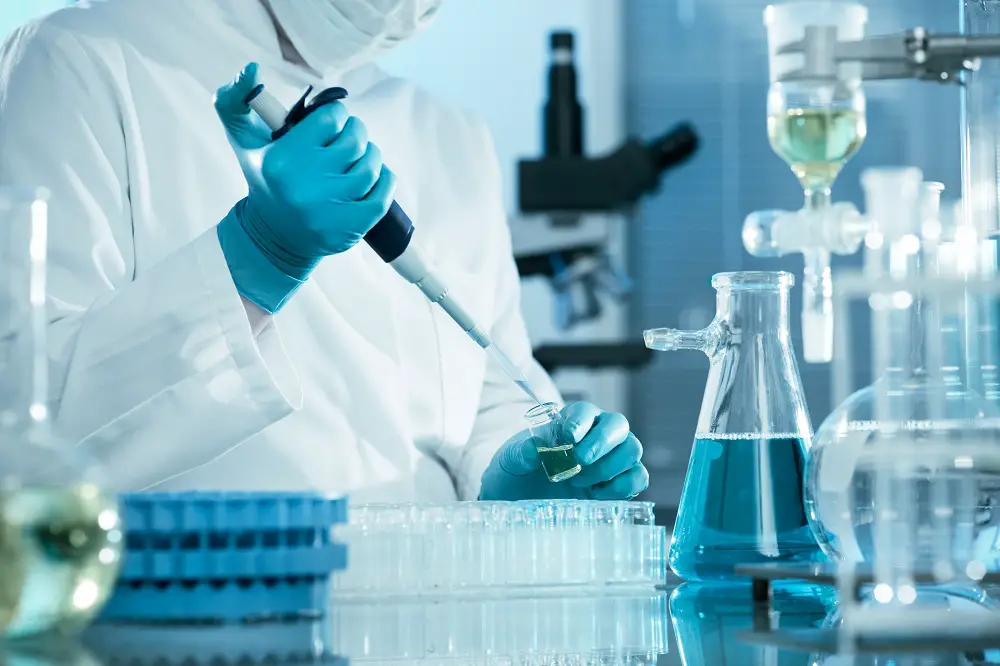One of the essential parts of the drug development process is performing bioanalysis. You will need to perform bioanalysis before your drug can go to market, and even before it is tested in humans. You will also need bioanalysis results for regulatory submissions for your drug candidates. As such, it’s best to partner with a contract research organization with plenty of experience in bioanalysis to acquire fast, accurate results. Here is everything your organization needs to know about the importance of bioanalysis.
What Is Bioanalysis?
Simply put, bioanalysis is a sub-discipline of analytical chemistry. Bioanalysis is quantitative, determining pharmacokinetics, the concentration of drugs, and their metabolites. It can also determine pharmacodynamic biomarkers in biological fluids, such as blood, plasma, or urine. Analyses can also be performed in tissues, which is used to understand the elimination, activity, and toxicity of a drug.
How Is Bioanalysis Performed?
Before bioanalysis can be performed, your assay must be validated. This demonstrates it is suitable for its intended purpose. There are a wide variety of assays that can be used for bioanalysis, but not all will be right for your drug. Some, for example, will only work with small-molecule compounds. A Good Laboratory Practices validated bioanalytical method is required to support your drug developmental cycle, during both toxicology and first in human clinical trials.
When Is Bioanalysis Performed?
Bioanalysis is performed in both drug discovery and drug development. During discovery, the aim of bioanalysis is to provide reasonable values for either concentrations or exposures. This is used for lead series identification or discrimination amongst lead candidates. Bioanalysis is required before any clinical trials to determine the drug’s safety profile. Validation is formalized and mandated. Testing may be done on animals for pharmacodynamics, PK, ADME (absorption, distribution, metabolism, and elimination), and toxicity. At the clinical stage, assays for human samples need to be more rugged and robust. They should withstand future testing, as this is the longest phase of development. Keep in mind, assays might require minor modifications as the drug changes slightly.
Finding the Right CRO for Bioanalytical Services
Bioanalysis results must be quantitative and valid, per FDA and worldwide regulatory guidances. These results form the foundation of drug approval. It’s essential that your results are accurate. This is why you should partner with a contract research organization that boasts experienced bioanalytical services. Regulatory authorities often audit these results for accuracy before approving the drug. Outsourcing to a CRO with experience and proven results means you have a much higher chance of getting accurate results that will be approved and validated. The CRO needs to have flexible bioanalytical services in order to adapt to any changes you need to make to the drug. You might consider choosing a CRO that offers bioanalytical services as part of a full drug development package to allow for reliable communication and synergy between teams.
About Altasciences
Drug development can be a complex process. Altasciences, a mid-sized contract research organization, can help make it more streamlined. This integrated CRO with pharmaceutical CDMO capabilities offers partners more than 25 years of research experience performing preclinical studies and clinical trials. Pharmaceutical and biotechnology companies have come to rely on the innovative, integrated approach that Altasciences uses. Partners gain the team’s expertise in studies on a wide variety of therapeutic indications. This includes significant experience in first-in-human clinical trials and CNS clinical trials. Altasciences also gives partners access to the CRO’s various resources, including over 580 beds, experienced and highly trained staff, and a recruiting database with more than 400,000 potential participants. When you need a partner for all your early clinical development needs, trust Altasciences.
Partner with Altasciences for flexible bioanalytical services at https://www.altasciences.com/
Original Source: https://bit.ly/3xzfceJ






